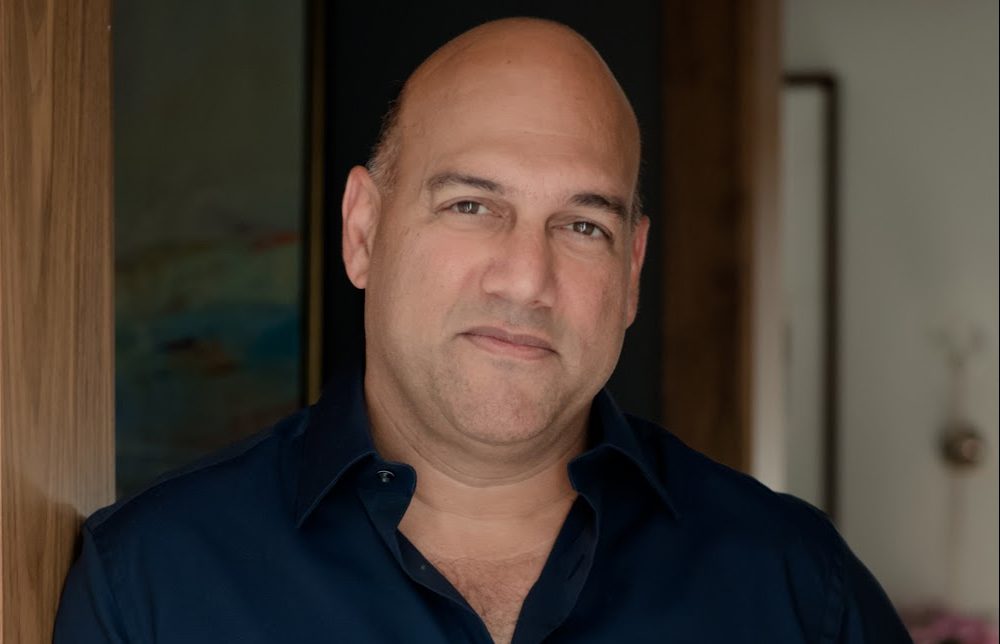No matter how great we might believe a business idea to be, that does not mean it will be scalable.
If you’re not familiar, scalability refers to how big a business can grow given current economic conditions. It’s a term often used by startups and investors alike to describe the viability of a project and a key point that often dictates if a startup will receive investment or not. Due to the significant role scalability plays in terms of closing a deal or receiving investment, scalability is something that nearly every entrepreneur is after. This is why one entrepreneur, Salim Ismail, has had great success coaching organizations on exponential growth.
As the former Head of Innovation for Yahoo!, Ismail has since become a serial entrepreneur. His portfolio of work includes coaching companies such as TD Ameritrade, HP, and Visa on becoming highly scalable by leveraging information and technology. Given his impressive lineup of work, we decided to take a closer look at Ismail’s past experiences and take a deeper diver into his model for exponential growth (ExO model).
Teaching an Executive How to Grow
Ismail’s coaching took off when he was the founding executive director at Singularity University. At Singularity University, he held one-week programs where he would coach 80-100 CEOs, government officials, and investors on exponential technologies. While he was successful in establishing the basic principles of scaling a business, Ismail was often faced with a common question: “How do I implement this model in my organization on Monday?”.
After several programs, this question became a common one; this led Ismail to write Exponential Organizations, a book that teaches organizations how to implement the ExO model. Exponential Organizations eventually ranked #1 on Amazon’s “Best Sellers In Business Management,” and was named Frost & Sullivan’s “Growth, Innovation, and Leadership Book of The Year.” Eventually, the success of this book led to the formation of ExO Works. ExO Works is an organization that coaches companies on the exponential growth model. Through ExO Works, Ismail has helped companies such as TD Ameritrade, HP, and Visa implement the ExO model. But little did Ismail know, his ExO model and ExO Works would be the start of leading organizations to a new level of growth at an unprecedented speed.
Nailing Down the Process
In ExO Works, Ismail and ExO Works co-founder Francisco Paulo created the ExO Sprint. The goal of the ExO Sprint is to move leadership, culture, and management thinking three years ahead in just ten weeks. They found that the ExO sprint was highly successful amongst early candidates, including the Fortune 500s named above. After seeing the success of the ExO Sprint, their next objective was to scale the sprint.
Paulo and Ismail ended up partnering on a follow-up book called Exponential Transformation, which open-sources the model for executing an ExO Sprint. In addition to the ExO Sprint, Ismail and Paulo wanted a hub for entrepreneurs to share knowledge. This is when they opened up their knowledge-base and launched OpenExO, a community of over 2,000 entrepreneurs, leaders, investors, and innovators.
A Community of Entrepreneurs
Scalability is a cornerstone of a sustainable business. But even a scalable business will run into problems, especially if they scale globally. When OpenExO’s community grew across borders, they needed a solution to solve the issues that come with cross-border payments (high transaction fees and long settlement times).
That is why OpenExO created a peer-to-peer blockchain payment system. The EXOS token allows their community to transact with one another for a low cost with nearly instantaneous settlement.
Although Ismail can’t predict what the future holds for his business, there are a few concrete lessons you can take from his experiences:
1) enabling people to provide advice or expertise in a community will give them the chance to create and spread value;
2) those who gain from the knowledge you provide are likely to become evangelists; and,
3) always focusing on how to solve a problem for the most amount of people is at the core of scalability – this has been reflected in every step of Ismail’s career. From there, it’s all about striving to grow exponentially.
What are some lessons in scalability you’ve learned from working in the startup world? Comment with your insights below!
This is a Contributor Post. Opinions expressed here are opinions of the Contributor. Influencive does not endorse or review brands mentioned; does not and cannot investigate relationships with brands, products, and people mentioned and is up to the Contributor to disclose. Contributors, amongst other accounts and articles may be professional fee-based.

